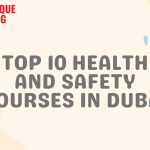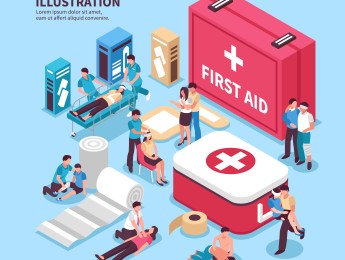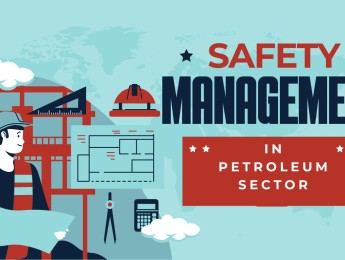This advanced course aims to equip participants with the necessary skills and knowledge to manage and enhance aviation safety within their organisations effectively. Participants will explore comprehensive topics such as advanced regulatory frameworks, sophisticated safety management systems (SMS), advanced risk management techniques, human factors analysis, and the utilisation of safety performance indicators. The course integrates practical exercises and case studies to ensure the application of theoretical knowledge.
Upon completion of this course, participants will be able to:
- Grasp advanced aviation safety principles and updated regulations.
- Implement, manage, and continuously improve SMS.
- Conduct thorough risk assessments and implement effective risk management strategies.
- Analyse human factors to improve overall safety performance.
- Measure and monitor safety performance using advanced indicators.
This course is ideal for:
- Senior aviation safety professionals seeking advanced knowledge.
- Airline and airport management personnel.
- Aviation regulatory authorities.
- Experienced safety managers and consultants.
- Professionals aiming to specialise in aviation safety management.
This course uses a variety of adult learning styles to aid full understanding and comprehension.
- Interactive lectures delivered by industry experts.
- In-depth case studies of recent aviation safety incidents.
- Group discussions to foster peer learning.
- Practical exercises and workshops for hands-on experience.
Day 5 of each course is reserved for a Q&A session, which may occur off-site. For 10-day courses, this also applies to day 10
Section 1: Introduction to Advanced Aviation Safety
- Understanding the evolution of aviation safety and its global impact.
- The role of proactive versus reactive safety approaches.
- Detailed overview of global aviation safety regulations.
- Overview of ICAO standards and national aviation authorities’ regulations.
- Harmonisation efforts and international cooperation for unified safety practices.
- The importance of compliance audits and safety oversight programs.
Section 2: Advanced Safety Management Systems (SMS)
- In-depth analysis of SMS components.
- Four pillars of SMS: Policy, Risk Management, Assurance, and Promotion.
- Integration of SMS with operational and organisational structures.
- Implementation strategies and continuous improvement techniques.
- Phased approach to SMS implementation and stakeholder engagement.
- Techniques for safety culture enhancement and feedback mechanisms.
- Auditing and reviewing SMS effectiveness regularly.
Section 3: Advanced Risk Management
- Detailed risk assessment methodologies.
- Use of tools such as BowTie, Fault Tree Analysis, and Safety Cases.
- Identification and evaluation of hazards in dynamic flight environments.
- Developing and implementing effective risk mitigation strategies.
- Prioritisation of risks using severity and likelihood matrices.
- Creating risk mitigation plans aligned with organisational resources.
- Embedding risk management into daily operations and decision-making.
Section 4: Human Factors in Aviation Safety
- Comprehensive study of human factors and their impact on safety.
- Examination of the SHELL model and Human Performance Limitations.
- Fatigue, stress, and communication as critical safety influencers.
- Advanced strategies to manage and mitigate human errors.
- Crew Resource Management (CRM) and Line Operations Safety Audits (LOSA).
- Human Factors Training and Just Culture promotion.
- Use of data from incident reports to inform behavioral interventions.
Section 5: Safety Performance Indicators
- Advanced techniques for measuring and monitoring safety performance.
- Development of Leading and Lagging Indicators.
- Key metrics: Safety occurrence rates, audit results, and safety reporting levels.
- Effective data analysis and reporting methodologies.
- Use of Safety Data Collection and Processing Systems (SDCPS).
- Dashboards and visualization tools for performance tracking.
- Linking safety data trends with continuous improvement plans.
Upon successful completion of this training course, delegates will be awarded a Holistique Training Certificate of Completion. For those who attend and complete the online training course, a Holistique Training e-Certificate will be provided.
Holistique Training Certificates are accredited by the British Assessment Council (BAC) and The CPD Certification Service (CPD), and are certified under ISO 9001, ISO 21001, and ISO 29993 standards.
CPD credits for this course are granted by our Certificates and will be reflected on the Holistique Training Certificate of Completion. In accordance with the standards of The CPD Certification Service, one CPD credit is awarded per hour of course attendance. A maximum of 50 CPD credits can be claimed for any single course we currently offer.
- Course Code IND18-108
- Course Format Classroom, Online,
- Duration 5 days













